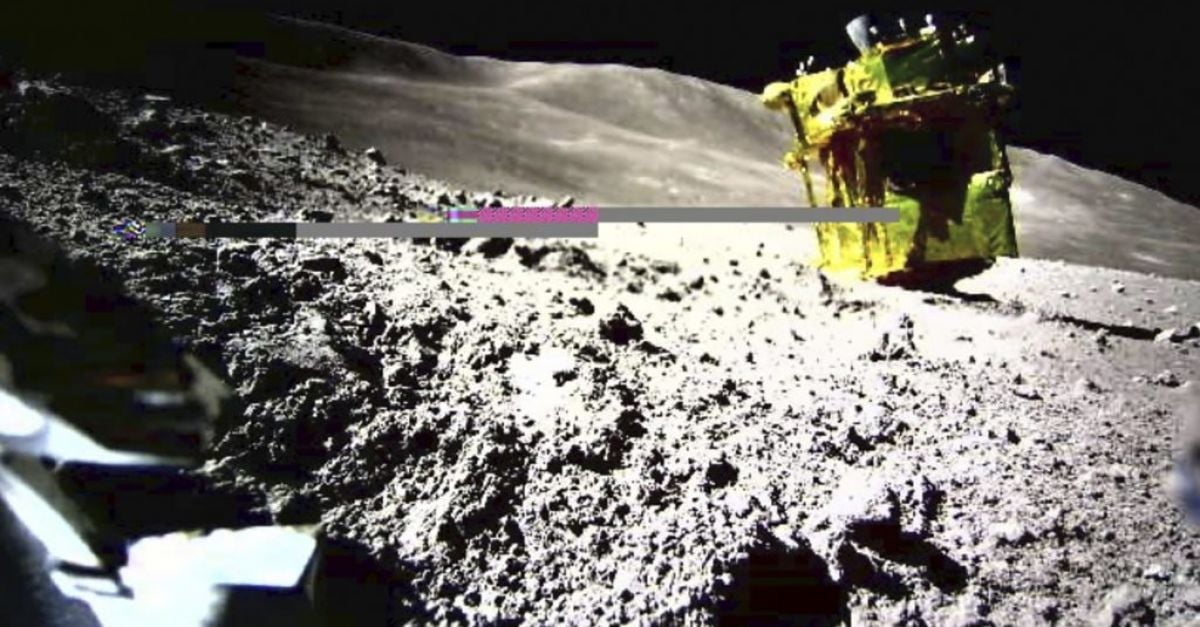A massive winter storm tore across the U.S. on Tuesday, bringing heavy snow to the Midwest, drenching rain and high winds to the Northeast and more than a dozen reported tornadoes along the Gulf Coast — leaving at least four people dead and hundreds of thousands without power.
And more extreme weather is on the way this weekend.
According to forecasters, another large storm is expected to bring a second round of snow, wind and severe thunderstorms to much of the same swath of the country impacted by Tuesday’s storm.
The system — combined with an arctic blast from the polar vortex — has the potential to create a “bomb cyclone” in the Midwest and significant snowfall along the East Coast.
Return of the ‘polar vortex’
The polar vortex is a gigantic, circular area of cold air high up in the atmosphere that typically spins over the North Pole. But occasionally it will dip to the south, as it has now.
“The stratospheric polar vortex is now stretching down across North America,” Amy Butler, a climate scientist with the National Oceanic and Atmospheric Administration, wrote in a blog post.
Recommended reading
So how cold will it get? USA Today explains:
By Monday morning, 88% of the contiguous U.S. could see below-freezing temperatures. The bitter cold is expected to spill all the way down to the Gulf Coast, with some weather models showing the entire state of Texas below freezing Monday and Tuesday.
Wind chills are also expected to be brutal, with the weather service warning of “dangerously” low wind chill temperatures for much of the country.
Temperatures for the Iowa caucuses next Monday evening are forecast to be frigid — potentially close to zero degrees across nearly the entire state.
What is a ‘bomb cyclone’?
It’s a winter hurricane, basically. According to NOAA, a bomb cyclone “occurs when a mid-latitude cyclone rapidly intensifies,” or quickly drops in atmospheric pressure. And the lower the pressure gets, the more powerful the storm.
The weather phenomenon is expected to dump as much as two feet of snow in some areas of the Midwest beginning Thursday while triggering severe thunderstorms across parts of the South and Southeast on Thursday night — and more tornadoes are possible.
Will the mid-Atlantic finally see some snow?
According to the National Weather Service, another storm system could bring heavy snow next week to parts of the East Coast that haven’t seen more than a dusting in years.
Both Washington, D.C., and Philadelphia have not recorded measurable snowfall of more than an inch of in any given storm since January 2022.
The weather service Tuesday said that there’s a chance for “heavy snow across parts of the East on Jan. 16-17,” though like the crazy storms we’ve been having, that forecast is subject to change.
Signup bonus from





